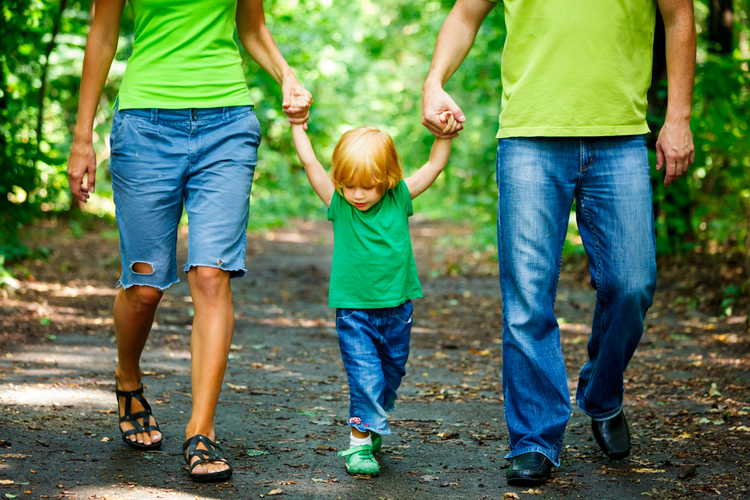Most people who decide to divorce have asked themselves at one point, “should we stick it out for the kids?” Others know divorce is the only option. And while all parents may have many worries on their mind, like the future of their living situation or the custody arrangement, they still worry about how their children will deal with the divorce.While divorce is stressful for all children, some kids rebound quicker than expected.Many parents who can take steps to reduce the psychological effects of divorce on children can go a long way to helping kids adjust to the changes brought about by divorce.
Research has shown that many kids struggle the most during the first year or two after the divorce, experiencing distress, anger, anxiety, and distrust. Many kids can get used to changes in their daily routines and living arrangements. Others, unfortunately, do not seem to go back to normal. These children may experience ongoing, even lifelong, issues problems after their parents’ divorce.
Risks Families Face
From new stepparents and stepsiblings (often from both mom and dad) to adjusting to living in two different homes – divorce usually means many children go through ongoing changes to their family dynamics. Here are some common reactions your child may face after your divorce:
Mental Health Problems
For the receiver of alimony, the payments are a form of taxable income. For the payer, they are a deductible expense. Alimony payments cannot be discharged through bankruptcy, and they are specifically meant to be used to meet the needs of the spouse or former spouse. Payments intended to the couple’s child or children’s needs are considered child support, not alimony.
Divorce may increase the risk of mental health problems in children and adolescents and trigger an adjustment disorder in children. Research also shows that children from divorced parents have higher depression and anxiety.
Behavior Problems
Children from divorced families may experience more externalizing problems, like conduct disorders and impulsive behavior, compared to kids from two-parent families. In addition to behavior problems, children may also experience more conflict with peers after a divorce.
Poor Academic Performance
Children from divorced families do not always perform as well in school. Recent studies have suggested kids from divorced families tended to have trouble with school, mostly if the divorce was unexpected. In contrast, children from families where the divorce was likely did not have the same outcome.
Helping Your Children Adjust During Your Divorce
Adults who have divorced parents may have more relationship difficulties, and divorce rates are higher for those whose parents were divorced. As parents, you play a significant role in how your child adjust to a divorce. Here are some approaches you can take to help:
Co-Parent in Peace
The extreme conflict between parents increases children’s stress. Blatant hostility, like screaming and threatening one another, can be linked to behavior problems in children. Even minor tension can cause anxiety. If you are struggling to co-parent with your ex, you should seek professional help.
Do Not Put Kids in the Middle
Asking kids to choose between parents or giving them messages to give to their other parent is inappropriate. Kids who feel as though they are stuck in the middle have higher instances of depression and anxiety.
Maintain Healthy Relationships
Positive communication, enthusiasm, and low instances of conflict may be able to help your children adjust to divorce easier. Maintaining a healthy parent-child relationship following a divorce can help you develop higher self-esteem and perform better in school.
Use Consistent Discipline
Establish age-appropriate rules and follow through with consequences rules are broken. Effective and consistent discipline after divorce can help reduce misbehavior and improved academic performance.
Monitor Adolescents Closely
When parents pay close attention to what teens are doing and who they spend their time with, adolescents are less likely to exhibit behavior problems following a divorce. That means a reduced chance of using substances and fewer academic issues.
Get Professional Help
Reducing your stress level can be helpful to your child in the long run. Practice self-care and consider seeking therapy or other resources that can help you adjust to your family’s changes. Individual therapy is also helpful for children and gives them a healthy way to sort out their emotions. Family therapy may also be beneficial and support groups, which allow kids in certain age groups to meet with other children experiencing similar family changes.

